
A transformation is coming to the produce aisle with the arrival of gene-edited superfruits. These fruits have been engineered for longer shelf life and enhanced nutritional value. They are set to reduce food waste and provide consumers with fresher options.
Unlike traditional GMOs, these superfruits are developed by precisely editing the plant’s own genes, not introducing foreign DNA. This innovation means that strawberries, bananas, tomatoes, and many other fruits could stay fresh for weeks instead of days. With regulations relaxing in countries like the UK, shoppers will soon find these remarkable fruits alongside conventional counterparts, changing how we eat.
How Gene Editing Works
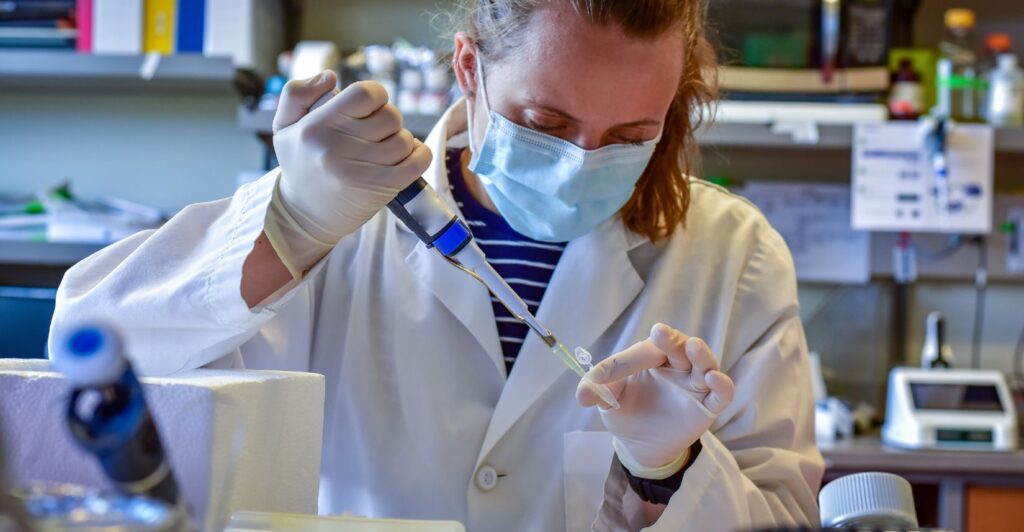
Gene editing uses tools like CRISPR that allow scientists to make very specific changes to a plant’s DNA. Instead of adding genes from other species, scientists can “switch off” or tweak the plant’s existing genes to improve its most desirable traits. For instance, scientists can switch off the gene responsible for browning in bananas, allowing the fruit to stay yellow, fresh, and visually appealing far longer.
This method is not only faster but also more precise than traditional breeding, which can take years to achieve similar results. Gene-editing technology also improves nutrition and disease resistance, making gene-edited fruits a promising solution for consumers and farmers.
Bananas That Stay Fresh
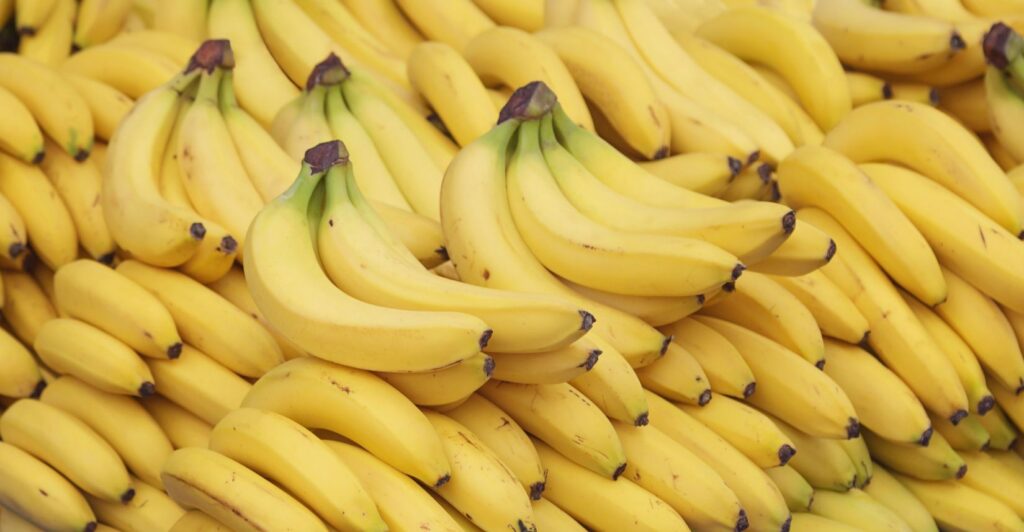
Bananas are notorious for browning quickly, often ending up in the trash before they can be eaten. But thanks to gene editing, companies like Tropic have managed to deactivate the gene responsible for this rapid discoloration. Scientists have now created bananas that stay fresh and visually appealing for up to 24 hours after they have been peeled, with a much longer shelf life.
These bananas are now being grown in countries like Colombia and the Philippines, with plans to introduce them to UK supermarkets in the near future. This advancement could significantly reduce banana waste, benefiting retailers and households.
Strawberries With Staying Power
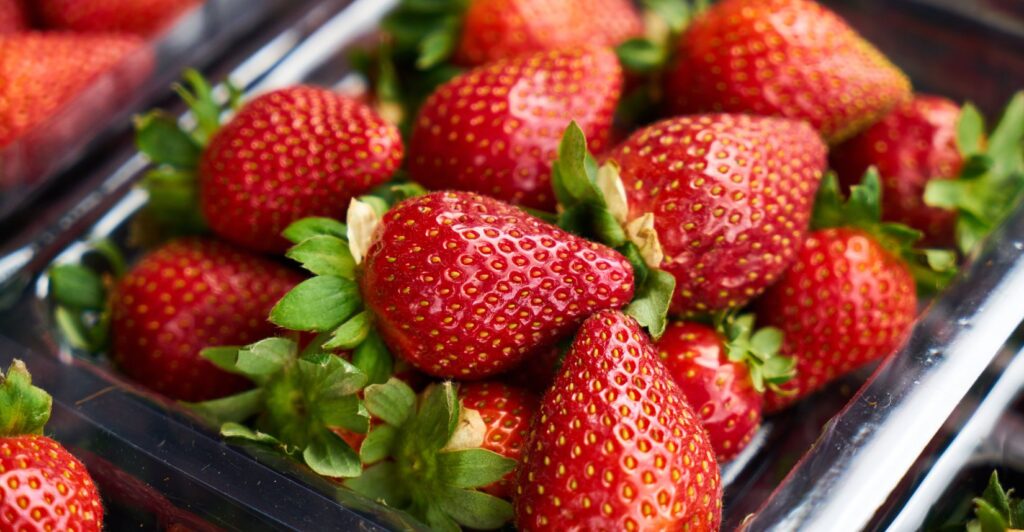
Strawberries are delicious, but unfortunately, they are highly perishable and often spoil within days. Scientists at Simplot have created gene-edited strawberries that stay firm and flavorful for up to three weeks. By targeting the genes that are responsible for ripening and softening, these strawberries are far more resistant to mold and decay than traditional varieties.
This extended freshness not only means less waste for consumers, but it also allows for longer transport and storage, making fresh strawberries available year-round. This breakthrough could reshape the berry industry and ensure a steadier, more reliable supply of one of the world’s favorite fruits.
Melons for the Long Haul
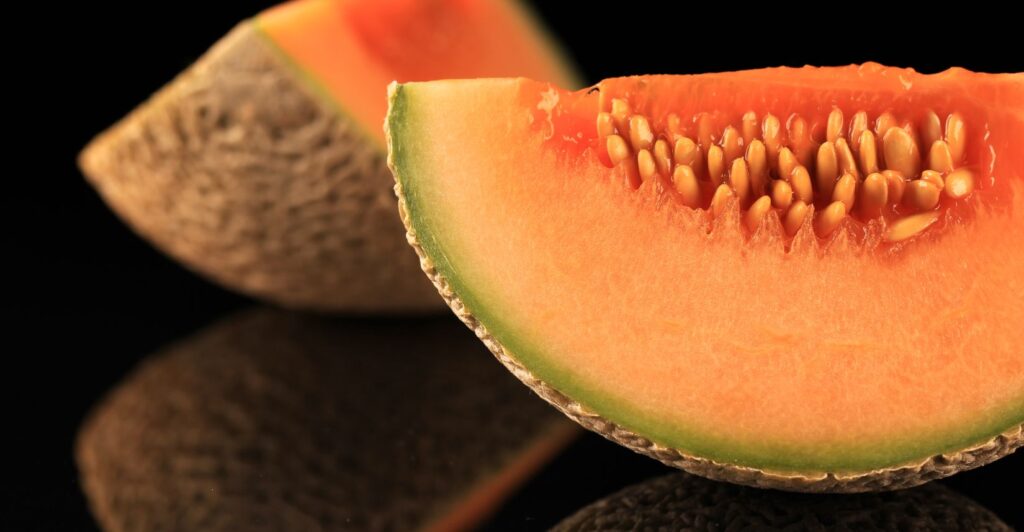
Once harvested, melons tend to spoil pretty quickly. However, Japanese researchers have used CRISPR technology to reduce ethylene production in melons, which slows down the ripening process. By editing the CmACO1 gene, these melons remain firm and green for weeks after they have been harvested, while regular melons soften and yellow much sooner.
This breakthrough helps reduce food waste and gives growers and retailers more flexibility in storage and distribution. Consumers will benefit from melons that stay fresh longer, ensuring better quality and taste with every purchase.
Tomatoes With Extra Nutrition
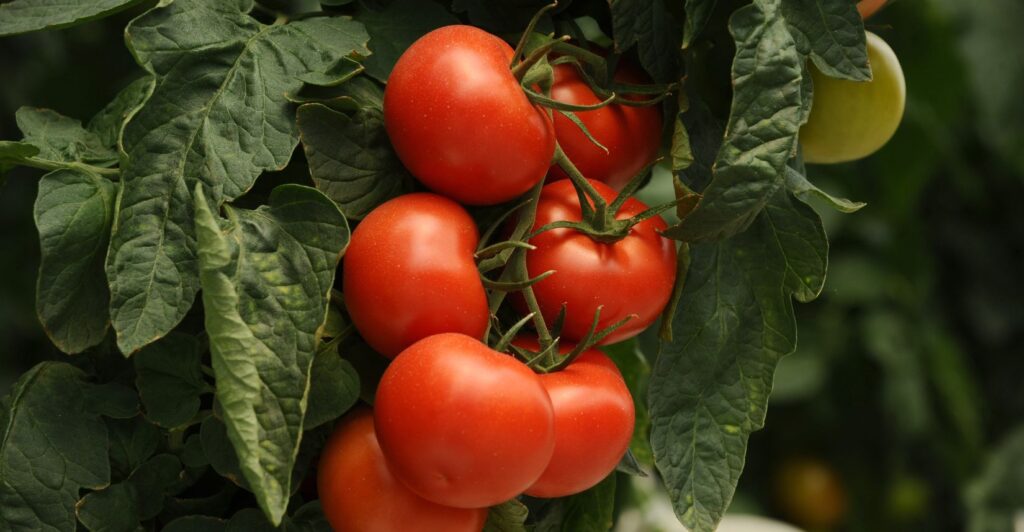
Gene editing is not just about shelf life; it is also being used to boost nutritional value. Scientists at the John Innes Centre have created tomatoes enriched with vitamin D by making a slight change in the plant’s genome.
These tomatoes naturally produce higher levels of the vitamin, helping to address common deficiencies. With more nutrients packed into each bite, these tomatoes are a delicious and straightforward way to improve health through diet. This innovation shows how gene-edited fruits can offer greater convenience and improved nutrition, making them a valuable choice for consumers.
Regulatory Green Light
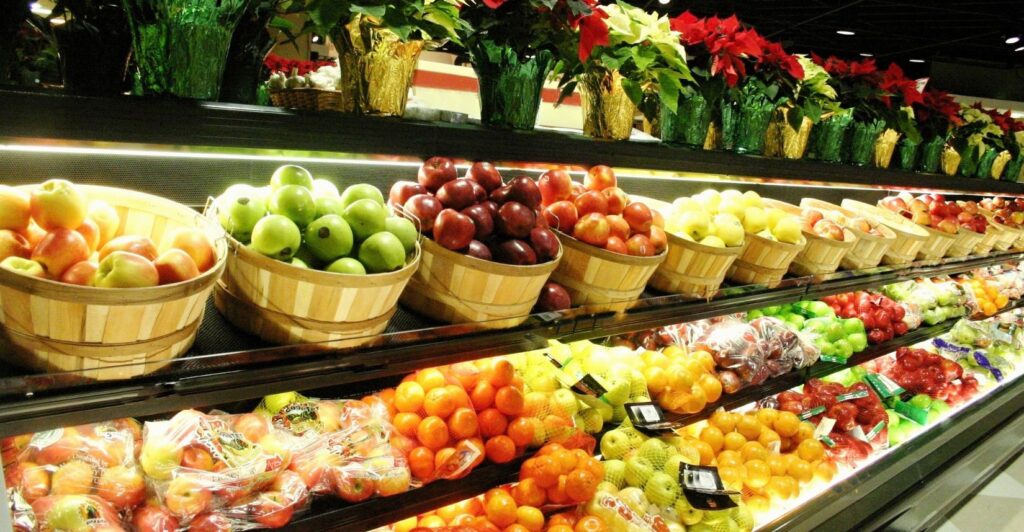
The UK’s Genetic Technology (Precision Breeding) Act, which was passed in 2023, has opened the door for gene-edited foods. This law distinguishes gene-edited crops from traditional GMOs and enables a faster, more efficient approval process while still maintaining strict safety standards.
Companies still have to submit their products for review by agencies like the Food Standards Agency, which assesses risks and benefits. Once they have been approved, these superfruits can be sold without special labels, though a public register will track them. This regulatory change is expected to speed up innovation and bring gene-edited produce to store shelves faster than ever before.
Environmental and Economic Impact

Gene-edited superfruits could significantly improve the environment and the economy. By staying fresh for longer, these fruits reduce the amount of food that ends up in landfills, cutting greenhouse gas emissions from decomposing waste.
Longer shelf life also means fewer resources are wasted in growing, transporting, and storing produce that would otherwise spoil. For farmers and retailers, this translates to less lost revenue and more efficient supply chains. Ultimately, consumers benefit from lower prices, better quality, and more sustainable choices at the grocery store.
What Shoppers Can Expect

With gene-edited superfruits expected to hit shelves as early as 2026, shoppers will soon see changes in the produce aisle. Bananas, strawberries, tomatoes, and other fruits that stay fresh for weeks will become increasingly popular.
Although these products will not require special labeling in the UK, consumers can check a public register for more information. Prices are expected to be similar to or slightly higher than conventional fruit at first, but the savings from reduced waste and spoilage will be worth it.
The Future of Fresh Food
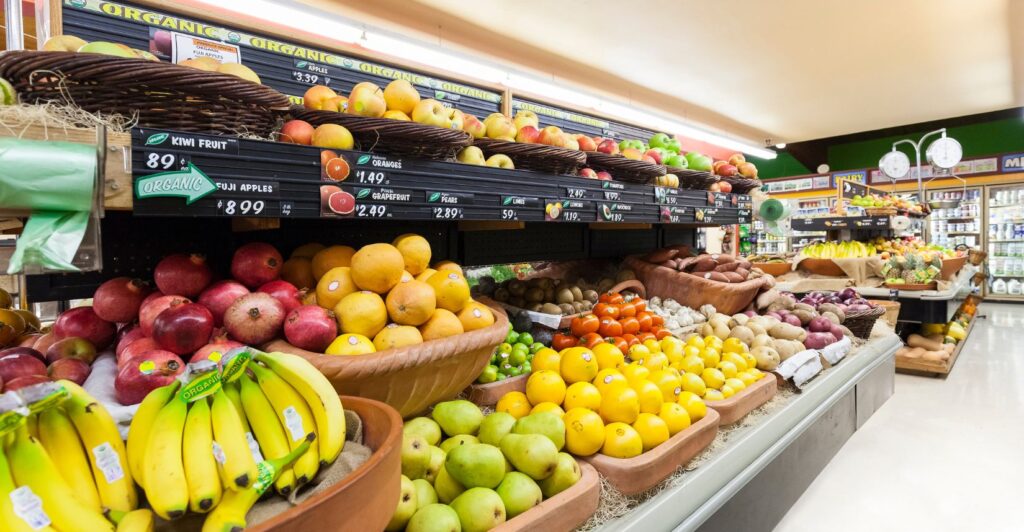
Gene-edited superfruits mark a bold new chapter in agriculture and nutrition. As technology continues to enhance crops for longer shelf life, improved nutrition, and greater sustainability, our relationship with fresh food will evolve.
These innovations could help feed a growing global population, reduce environmental impact, and make healthy eating easier for everyone. While ongoing research and open public discussion are essential, the arrival of these superfruits points toward a future where science and nature can work together to bring smarter, longer-lasting produce to our plates.
